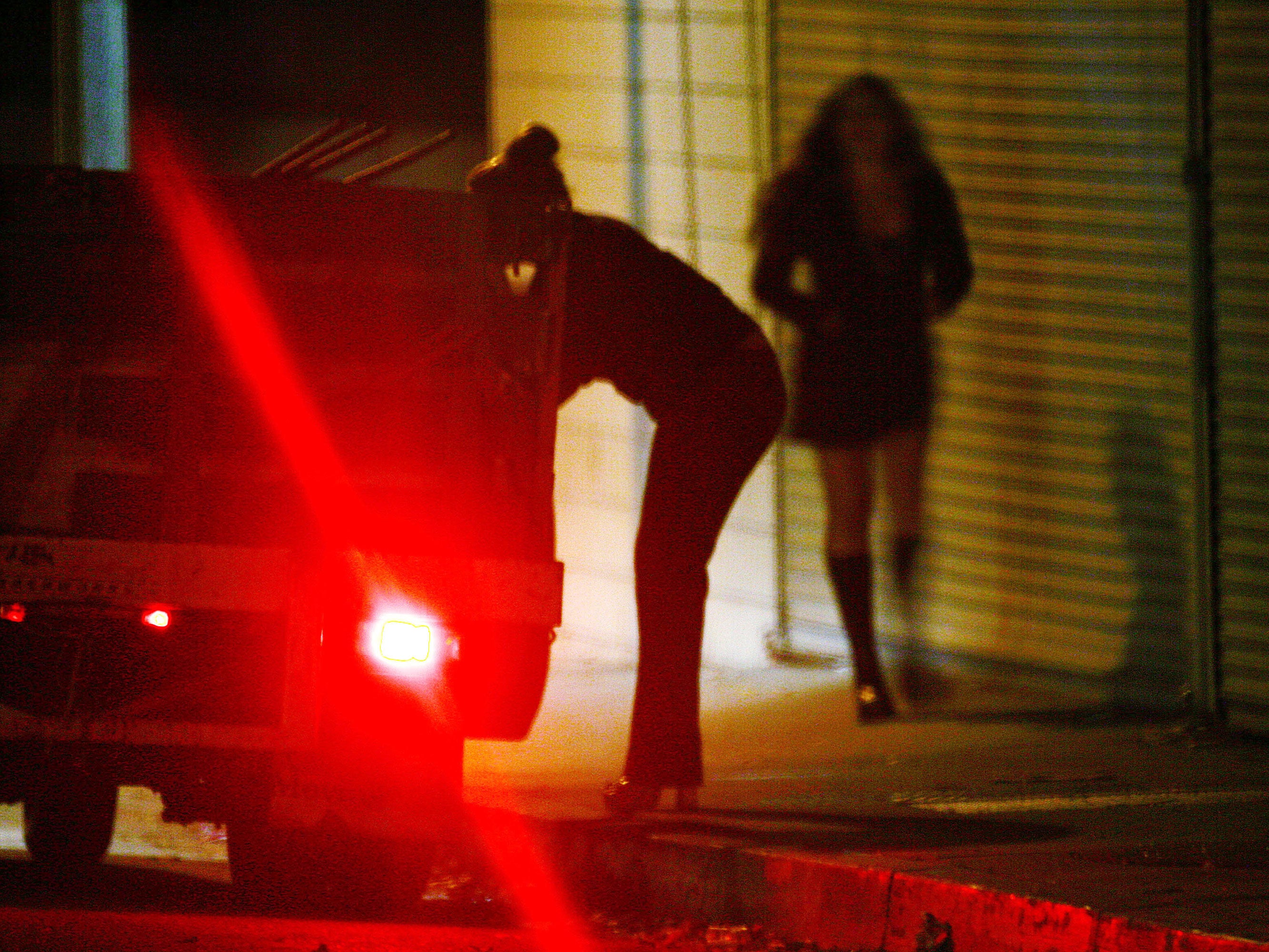Police recruited teenager to spy on her pimp, leading her to become accessory to murder, peer reveals
Officers 'arguably exploited' 17-year-old who was 'on edge of care', Sally Hamwee says

A teenage girl was recruited by the police to collect information about her pimp, leading her to become an accessory to murder, a member of the House of Lords has said.
In a debate about the use of child spies, Sally Hamwee said officers “arguably exploited” the 17-year-old, whom the baroness described as “on the edge of care” after her parents separated and she was moved between London boroughs.
The young woman thought of the man, who was selling a group of girls for sex, as her boyfriend, Baroness Hamwee said, noting this was “very common”.
“The police were looking for information on him and she was left in her situation so that she could provide information,” the Lib Dem peer told the Lords. “In other words, she was exploited by him and continued to be exploited by him, and was, arguably, exploited by the police.
“Eventually, she witnessed a murder. She was drawn into it, and not just as a witness, as she was asked to dispose of clothes and other items afterwards.”
Baroness Hamwee revealed she had been told about the case by a contact at Safer London, an organisation addressing young people’s involvement in crime, of which the peer is a trustee.
The case, she said, raised questions about the police’s ability to make the correct judgement in spy cases involving juveniles.
“How was her consent to this tested? No significant adult in her life knew of her involvement, and we must ask ourselves what qualifies a police officer to make the assessment that is needed here,” she said, adding officers making assessments about child spies should be independent of the investigation.
The baroness revealed the case last week during a debate over the government’s failure to consult human rights and child welfare organisations over its use of juvenile “covert human intelligence sources”.
It comes after the government admitted in July the use of children as child spies could rise as teenagers are increasingly drawn into extremism, gang violence and “county lines” drug running.
A report by a House of Lords committee raised concern about proposals to extend the period – from one to four months – that police and the intelligence services use underage informants.
The Home Office argued the one month limit meant law enforcement agents had to submit applications to renew a child informant within a “very short time” of them starting work, and puts more pressure on youngsters to complete their task.
But the Lords report concluded: “It does not fully satisfy our concerns about the extent to which juveniles are being used for covert surveillance or how their welfare is taken into account, and how extending their period of operation may affect them… these are serious, violent crimes and we have grave concerns about any child being exposed to such an environment.”